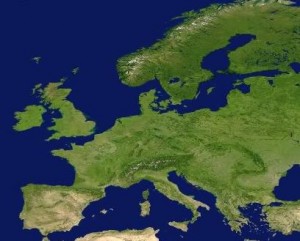
Currently there’s a mandate in the EU that by 2020 10 per cent of all road fuels should be biofuel, up from less than three per cent at the moment.
A change in policy would in practice mean the demise of a booming industry that has thrived since the introduction of the biofuel policy back in 2003. It is now worth $13 billion, according to a Reuters report.
Concerns over food prices and deforestation through burning are two of the main reasons that biofuels have fallen from grace and are no longer being seen as a silver bullet for emissions mitigation.
The findings of the Commission will not surprise environmental organizations that for long have been warning about the negative side effects of biofuel production.
In a report from last October, I wrote that the Ecosystems Climate Alliance, an alliance of NGOs committed to “keeping natural terrestrial ecosystems intact and their carbon out of the atmosphereâ€, warned that zero-emission bioenergy is a myth.
It blamed the loopholes in LULUCF’s (Land Use, Land Use Change and Forestry) accounting rules for the misconception.
At the time Alistair Graham, of the Humane Society International, told me: “The debate rarely dwells upon the almost inevitable fact that that patch of ground would have grown vegetation anyway – whether as agriculture, forestry or a natural ecosystem – that’s just what naturally happens.
“So the growing of biomass is not ‘additional’ – the vegetation growth would have happened anyway. This argument does seem to be getting some traction in the guise of concern over the displacement of cropland away from growing food – especially food security issues in developing countries, subsistence communities”.





